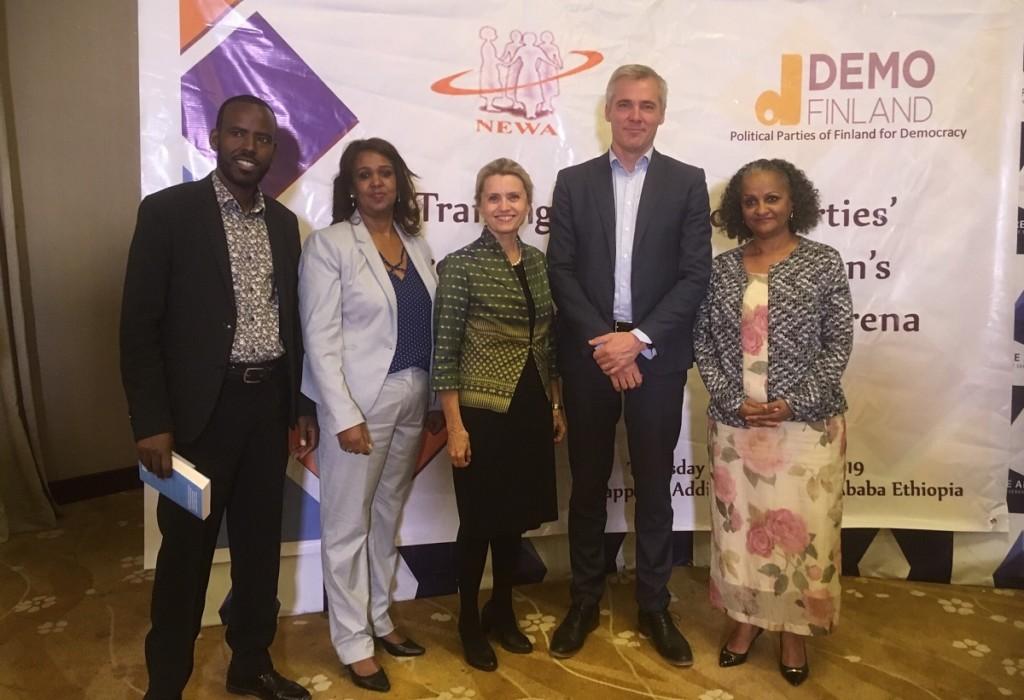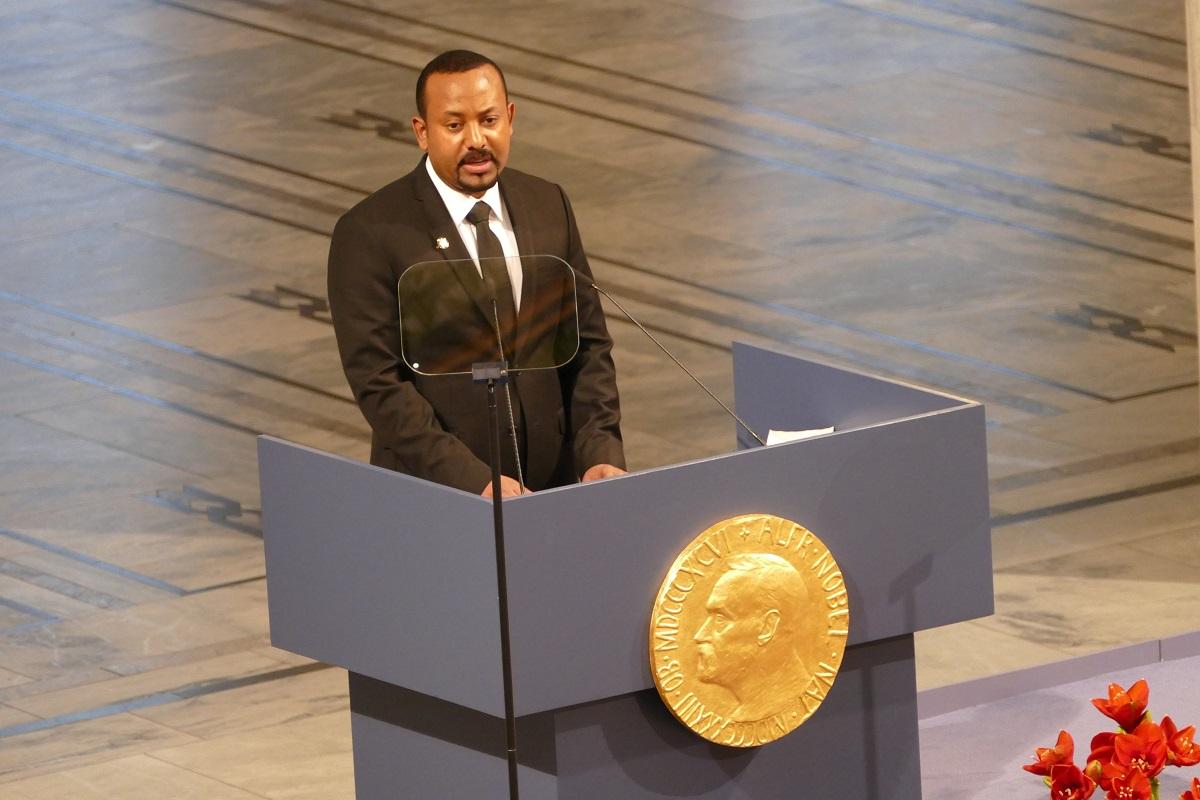The coronavirus has had an impact on democracy around the world, with governments concentrating power to themselves by means of emergency laws and media freedom being curtailed under the guise of preventing disinformation. Perhaps most concrete has been the pandemic’s impact on elections. Elections are one of the most important institutions of democracy, and due to the COVID-19 situation, elections have been postponed in more than 70 countries.
From democracy point of view, cancellation and postponement of elections is always a matter of concern. However, the impact of the situation on elections held during the pandemic must also be taken into account. Various precautions increase the costs of electoral arrangements, but COVID-19 may also have an impact on how democratic the elections are. Voter turnout in elections held during the crisis may be significantly lower than usual, as possible restrictions on movement and general fear of the virus make it more difficult for citizens to reach polling stations. Low turnout could weaken the legitimacy of the election result.
Organising elections during the crisis may also bring advantage to the incumbent government. When power is concentrated in the central government and various restrictions on events and meetings are in place, campaigning can become more difficult to small parties. The result may also be more favorable to the government if the elections are held during the pandemic and not later when the effects of the economic crisis following the pandemic have become visible. Furthermore, if international election observers cannot be deployed due to travel restrictions, it cannot be guaranteed that elections were free and fair.
Therefore postponing elections may in some situations be a reasonable option for both the security of citizens and democracy. From democracy’s point of view, it is crucial to schedule a new date or timeline for elections at the time of postponement, and communicate all decisions in an open manner. It is worrying if power remains with the government without parliamentary oversight. In Sri Lanka, for example, the President used his constitutionally guaranteed power to dissolve parliament in early March, six months before the end of its term and called for new elections in April. However, due to the coronavirus, the elections were postponed and eventually held in August, leaving the government in power for five months without parliamentary oversight.
Political situation exacerbates in Ethiopia
In Ethiopia, the postponement of the elections scheduled for August posed a constitutional dilemma as the current term of the parliament and government expired this fall and the Constitution does not provide clear guidance on how to exercise power in such a situation. The upper house of parliament has agreed to extend the mandate and hold the elections 9 to 12 months after health authorities determine it’s safe.
The decision to postpone the elections has been met with controversy. The opposition has accused Prime Minister Abiy Ahmed of power grab, and the Speaker of the upper house resigned in protest of the postponement because she considered the decision unconstitutional. The northern Tigray region held regional elections in September despite opposition from the federal government, which reflects the political tensions in the country.
Many democratic reforms have taken place after Abiy Ahmed became Prime Minister in 2018. More freedom was allowed for political parties, NGOs and media, and Abiy promised free elections. There was a lot of optimism and hope in the air as the country started to become less authoritarian. However, unity did not last very long and has been replaced with conflicts between the country’s numerous ethnic groups. Ethiopia is an ethnic federal system, meaning that the country’s regions are structured along ethnic lines. As the reforms were started, some in Ethiopia wished to change the federal model and some did not, and there is no consensus on the country’s political future. More political freedom and less state control has brought the conflicts between different groups to the surface. Ethiopia is currently very divided, and ethnic tensions have also led to hate speech and violence.
In June, popular Oromo singer and activist Hachalu Hundessa was killed in Addis Ababa. The Oromo people are the largest ethnic group in Ethiopia. Hundreds of people died in the unrest that followed the singer’s death, and the government shut down the internet across the country for weeks and arrested thousands of opposition and media representatives. The government has been accused of resorting to the authoritarian means so often used in the country before the recent reforms.
Demo Finland works to strengthen the political participation of women
Despite the escalation of the political situation, Demo Finland’s partner organisation Network of Ethiopian Women’s Associations (NEWA) has been able to continue its work. In 2019, Demo Finland and NEWA launched a project that aims at supporting women’s political participation and increasing the number of women in elections as voters and candidates at both regional and national levels.
”The democratic development that started two and half years ago seems to be diminishing. On the other hand there is still democratic space as there are civil society organisations which are now allowed to receive foreign funds and at the same time work on human rights and democratic institutions, freely expressing their concern over human right violations”, says Saba Gebremedhin, Executive Director of NEWA. According to Gebremedhin, the cross-party collaboration of women that Demo Finland and NEWA support can build a good precedence for future political culture in the country.
”There are major women issues that are not yet resolved and are shared by women in all parties and regions. Therefore women in different parties will benefit highly if they come together to share experiences and design strategies that can work across parties”, Gebremedhin says. There is need for support for women’s participation: ”NEWA just conducted a webinar on women’s political participation under the COVID-19 situation with a large number of participants. The challenges have now got even worse, because the COVID-19 situation affects women economically and socially, consequently disempowering women politically and therefore minimizes their participation in political parties and election process.”
However, Gebremedhin also sees positive signs: ”At first we saw resistance from political parties or indifference to the project. Through the engagements though we have seen a change of opinion. They now express the challenges to engage women rather than resist the idea. We believe this is a major progress.”

Demo Finland has previously worked to strengthen cross-party cooperation in conflict sensitive contexts. In 2015–2016, Demo Finland supported the constructive and peaceful cooperation of young politicians across ethnic, religious and party lines in Sri Lanka. After three decades of civil war, young politicians representing all parliamentary parties agreed to formally cooperate and engage in dialogue for the first time in the country’s history. In Zambia, Demo Finland supports cross-party dialogue platforms of women. The platforms have succeeded in functioning in a cooperative manner despite the tense political situation in the country.
Some of the activities of Demo Finland and NEWA’s project have been delayed due to the postponement of the elections. To date, materials have been prepared for trainings of female members of parties and election candidates, as well as content for radio and TV programs aimed at activating female voters. There are plans to train candidates as soon as practical issues related to the upcoming elections, such as the publication of lists of registered parties, progress.

